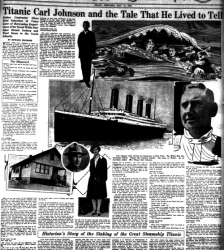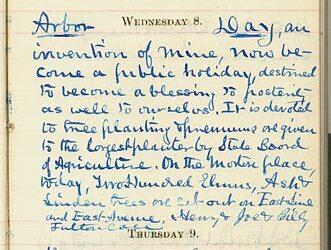Newspaperman Samuel D. Cox with A. B. Hayes, in their History of the City of Lincoln Nebraska (1889), included an account of the first of several attempts to develop a salt industry in Lancaster County:
“The first settlers in Lancaster county were attracted here by the fame of the Salt Basin, which in that early day had extended as far east as Plattsmouth and Nebraska City. The early settlers near the basins made many fanciful pictures of the wealth to be obtained from these same basins, and pictured to themselves a great city built near by, whose great source of wealth should be the working of the ‘salt wells.’ And it is safe to presume that one reason why the State capital was located at Lincoln (or Lancaster) was the fact that salt was one of the products of Lancaster county, and that the Commissioners believed that the manufacture of salt would, in the future, prove the foundation of a great business, which would attract capital to the little hamlet on the prairie. It is, however, certain that the early residents of Lincoln set great store by the basins, and that for years every intelligent man predicted wonderful results from the making of salt.”
Civil engineer and surveyor Augustus F. Harvey, who surveyed and platted the townsite of Lincoln, believed in the future of a Lancaster County salt industry and wrote in his pamphlet Nebraska as It Is: “There is no question of the vast wealth which will some day be derived from this region. . . . The salt made by boiling or washing the deposits around the spring crystallizes like the finest table salt. That from solar evaporation, or over slow artificial heat, forms large crystals from 1-16 to 1-8 of an inch, and is more translucent and snowy than the Syracuse or Kanawha salt. The location of the salt region is an evidence of that wisdom and goodness of the Creator which men are slow to acknowledge, but upon which all human welfare must rest.”
However, the salt industry never fulfilled the expectations of early Lancaster County settlers and promoters due to the difficulty of mining and shipping the salt and the legal problems associated with leases of salt lands from the state.



